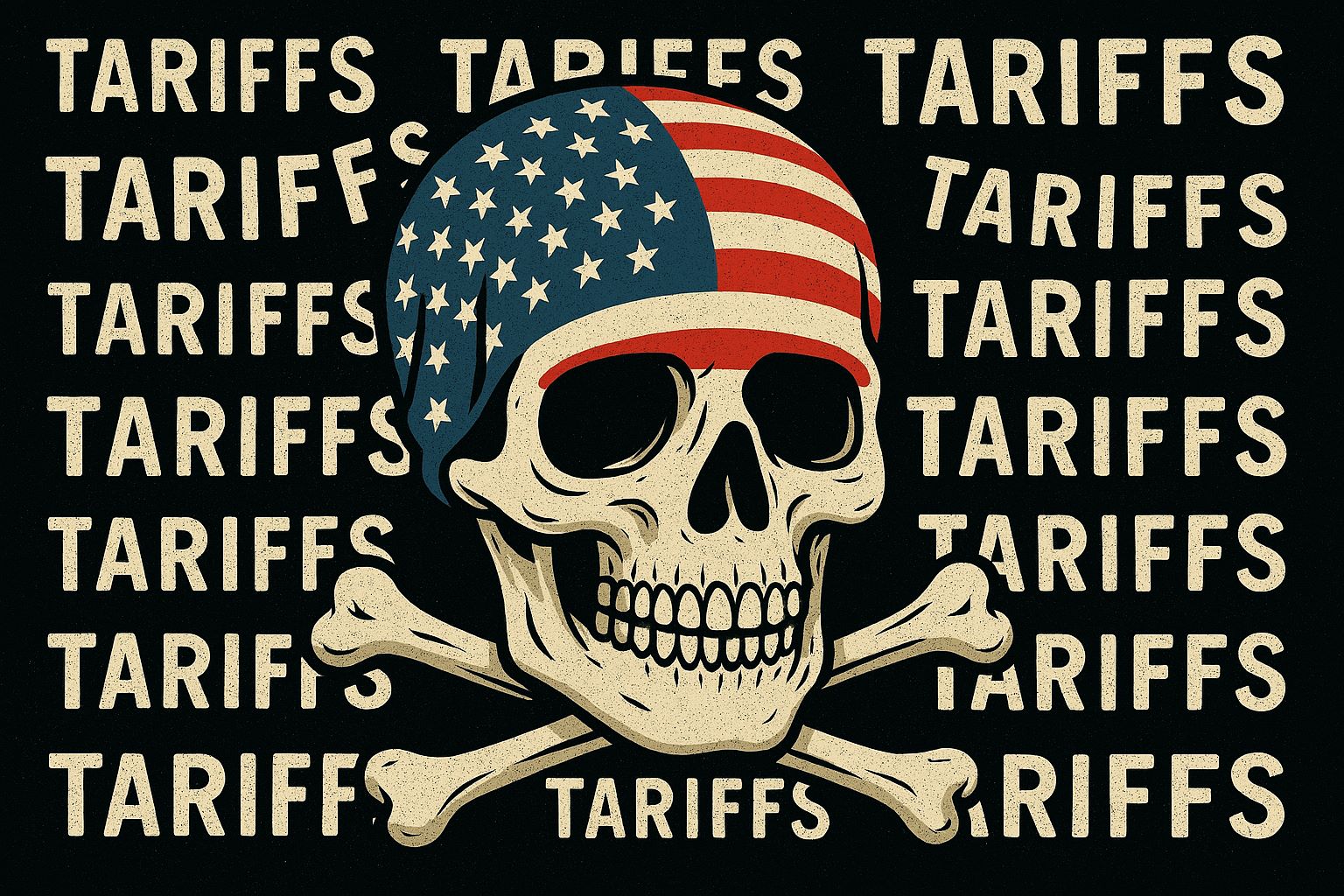Visa Stock Analysis: Is Visa a Strong Opportunity Ahead of Q4 Earnings?
$325.48
28 Jan 2026, 19:25

AI Generated

From cars to steel, Trump’s trade crackdown could hit UK exports and raise global tensions
Donald Trump has officially imposed a wave of new tariffs on foreign goods, including cars, steel, and aluminium, as part of his aggressive “America First” trade policy. He’s calling it “Liberation Day” — but for many countries, including the UK, it could spell economic trouble.
What Are Tariffs and Why Is Trump Using Them?
Tariffs are taxes on imported goods. The aim is to make foreign products more expensive, encouraging people to buy home-grown alternatives. But tariffs can also lead to:
Trump argues these tariffs will protect American jobs and industries, especially in manufacturing. He also wants “reciprocal” tariffs — meaning other countries should match US trade policies.
What Is ‘Liberation Day’?
2 April, dubbed “Liberation Day” by Trump, marks the launch of this new wave of tariffs. While he’s kept the full list of affected countries vague, he hinted that “all countries” could face tariffs unless separate deals are struck.
Trump previously suggested he might give some nations breaks, but only under strict terms.
How Could This Affect the UK?
The UK is currently negotiating an “economic prosperity deal” with the US. Prime Minister Sir Keir Starmer has said talks are moving quickly, but admitted tariffs may still hit.
Key concerns for the UK include:
UK officials are hopeful a deal can be reached, but retaliatory tariffs remain on the table if the situation worsens.
Tariffs Already in Place
Some tariffs have already begun:
Global Backlash and Retaliation
Countries affected are fighting back:
Experts warn these tit-for-tat moves could trigger a global trade war, harming economies around the world.
In Summary
Donald Trump’s sweeping new tariffs may be aimed at boosting US industry, but they risk damaging international trade, pushing up consumer prices, and straining UK-US relations. As talks continue, Britain faces a delicate balancing act — protect its exports or prepare to fight back.
Sources: (SKY.com, BBC.co.uk)